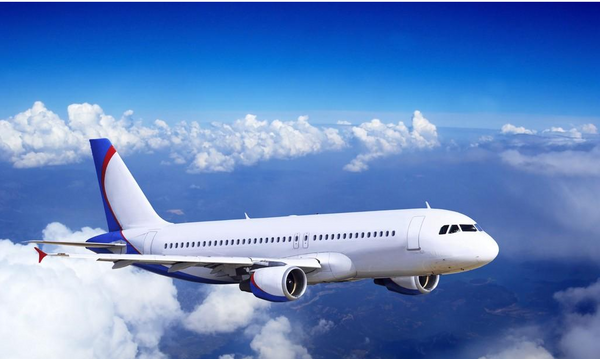Let us first understand lithium batteries. Airlines list lithium batteries as dangerous goods for air transport. Why is this happening? This is because once a lithium battery is short-circuited and heated, a chain reaction will occur, and the spread will quickly spread to other lithium batteries, making other lithium batteries also heated, and then overheated lithium batteries will continue to release explosive combustible gases (mainly hydrogen) ), thereby causing an explosion, extremely dangerous. In response to this phenomenon, the Federal Aviation Administration (FAA) has recently conducted tests on lithium batteries. For details, please see: Lithium batteries are dangerous to be transported by air, and the three major airlines in the United States refuse to transport large quantities of lithium batteries. Therefore, airlines list lithium batteries as dangerous goods in air transport.
The US Federal Aviation Administration (FAA) have formulated Rules for the carriage of Lithium-ion batteries on all aircraft operated under their jurisdiction. These (FAA) rules have pretty much been adopted by other Aviation Regularity Authorities throughout the world.https://www.faa.gov/hazmat/packsafe/more_info/?hazmat=7. In a nutshell, Lithium ion batteries CAN be shipped on both Cargo and Passenger Airplanes. In the case of Cargo Airplanes, shipped batteries must be charged to only 30% (or less) of their rated maximum capacity and be so certified. Individual Carriers may have additional requirements for terminal protection and/or packaging and labelling. Dangerous Goods | Qantas.(Example)
In the case of Passenger Airplanes:It’s easier for crew or passengers to deal with a flaming battery in the open space of the cabin than a tightly packed or inaccessible cargo hold, and some automated fire suppression measures are less effective on battery blazes. FAA guidance issued in 2018 noted that passengers checking spare lithium ion batteries in luggage is prohibited, and instead advised that they be removed and carried in the passenger cabin:
Smoke and fire incidents involving lithium batteries can be mitigated by the cabin crew and passengers inside the aircraft cabin.
If a carry-on bag is checked at the gate or planeside, spare lithium batteries, electronic cigarettes, and vaping devices must be removed from the baggage and kept with the passenger in the aircraft cabin. Even in carry-on baggage, these items should be protected from damage, accidental activation and short circuiting. The terminals on batteries not sealed in manufacturer packaging should be covered with tape and placed in separate bags to prevent short circuits.

So, why can't lithium batteries be shipped by air?
Why can't lithium batteries be shipped by air? Airline regulations: Passengers who carry electronic products with lithium batteries are not allowed to check in with their luggage, but passengers can carry electronic products with lithium batteries in their hand luggage, such as mobile phones, cameras, laptops, etc., and each person Only carry no more than 2 spare batteries, and take measures to prevent battery short circuits. In other words, on passenger planes, lithium batteries or electronic products with lithium batteries cannot be checked.
So, why can lithium batteries be shipped by air?
As mentioned above, lithium batteries or electronic products with lithium batteries cannot be checked on passenger planes. So what if it is air freighted by all-cargo aircraft? Is this different? Yes, all-cargo aircraft air cargo is much wider than passenger aircraft, because when all-cargo aircraft air cargo, the cargo will be strictly classified and loaded, so that the risk can be minimized; unlike passenger aircraft, there are many differences. The goods are piled up together, and if there are dangerous goods transported by air in the goods, the danger is greatly increased. China’s Foxconn’s iphones, Chongqing’s laptops, and so on, all have lithium batteries, but they are all airlifted to all parts of the world via all-cargo planes. Therefore, lithium batteries can be transported by all-cargo aircraft.
Therefore, if you have lithium batteries or electronic products with lithium batteries, and the volume of the goods is large, if there are all-cargo airlines where your goods are going, they can still be transported by air.
JUNLEE Group is an integrated full power energy factory that specializes in Uninterruptible Power Supply (UPS), Lead-Acid Battery, Battery pack, EV battery, Energy Storage Battery, Energy storage power station, Power pack Gel battery, PV Inverter and Solar system.
Production capacity reach 200000 KVaH per month. Products apply to Electric vehicles,electric mobility, solar & wind energy storage system, UPS, backup power, telecommunication, medical equipment and lighting.
JUNLEE sets up "Power research center" with more High-tech products.More than 100 engineers provided in-time and efficient one-stop solutions.
They mission strives to bring green power to the world.
To learn more about Li-ion batteries, please refer to https://www.junleepower.com/

